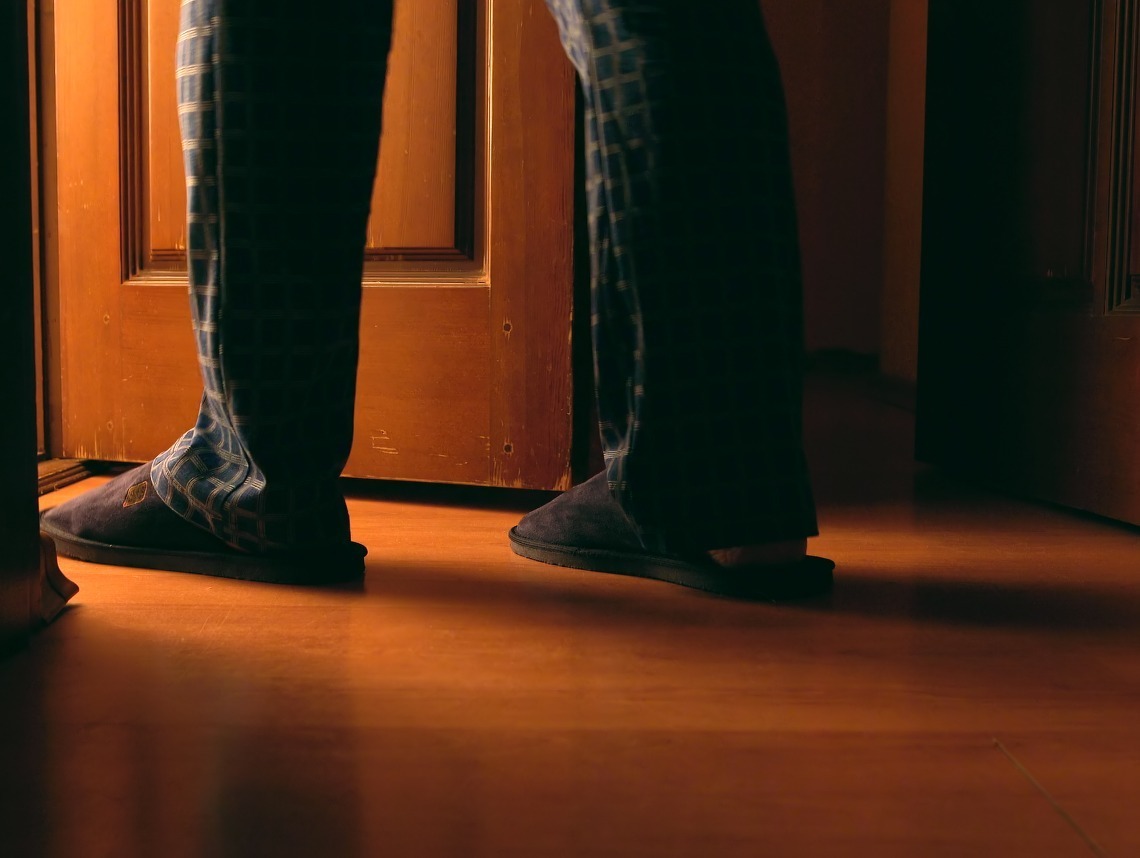Wondering if you or a loved one has a UTI?
You’re not alone.
Urinary Tract Infections (UTIs) are one of the most commonly diagnosed infections in older adults.
A UTI is an infection of the urinary system. It happens when bacteria in the urethra, bladder, or kidneys are present in the urine.
As our population ages, it’s more important to know how to diagnose UTIs, how to treat them, and how to prevent them from happening in the future.
If left untreated, a UTI can lead to acute or chronic kidney infections. This could permanently damage these vital organs and even lead to kidney failure.
Knowing the information below may help.
Common Urinary Tract Infection Symptoms
If you’re wondering whether you or a loved one has a UTI, look for these symptoms:
- Urine that appears cloudy or dark
- Bloody urine
- Strong or foul-smelling urine
- Frequent or urgent need to urinate
- Pain or burning during urination
- Feelings of pressure or pain in the lower pelvis
- Low-grade fever
- Night sweats, shaking, or chills
UTI Symptoms in the Elderly
In addition to the common symptoms listed above, there are also some less-common symptoms you or your loved one should look for. These UTI symptoms only present themselves in the elderly.
The reason to know about and look out for these symptoms is that some of them are often mistaken for the early stages of dementia or Alzheimer’s disease, according to the National Institutes of Health (NIH).
These symptoms include:
- Confusion or delirium
- Agitation
- Hallucinations
- Other unusual behavioral changes
- Poor motor skills or loss of coordination
- Dizziness
- Falling
What causes UTIs in the elderly?
The main cause, at any age, for a UTI is bacteria entering the urinary system.
In older adults who use catheters or live in a nursing home or other full-time care facilities, bacteria such as Enterococci and Staphylococci are common causes.
UTI Risk Factors in the Elderly
Aging adults are more at risk for UTIs than younger populations according to the NIH. The reasons they’re more susceptible to UTIs include:
- Diabetes
- Urinary Retention (inability to empty the bladder completely, even if your loved one has just used the bathroom)
- Use of a urinary catheter
- Bowel incontinence
- Urinary incontinence
- Enlarged prostate
- Immobility (for example, those who must lie in bed for extended periods of time)
- Surgery of any area around the bladder
- Kidney stones
UTI Treatment for the Elderly
Doctors typically prescribe antibiotics as the treatment for UTIs in older adults. It’s best to see your doctor to get a treatment plan.
Also, make sure you drink plenty of water to flush out any remaining bacteria.
How to Prevent UTIs in the Elderly
If you’re looking to reduce your chance of infection, work these steps into your routine:
- Drink plenty of fluids
- Change incontinence briefs frequently
- Avoid or reduce the use of bladder irritants like caffeine and alcohol
- Wipe front to back after going to the bathroom
- Avoid using douches
- Urinate as soon as you have to
- Drink cranberry juice (not proven to prevent UTIs, but likely not harmful)
Contact Care Options for Kids for Home Care Services
If you or an aging loved one is experiencing a UTI or has experienced several UTIs, you may be considering home care services.
At Care Options for Kids, we’re passionate about home care services that bring love, light, and laughter into the homes and communities we serve. Contact the caring staff at Care Options for Kids, call (888) 592-5855.
Sources
https://www.ncbi.nlm.nih.gov/pmc/articles/PMC3878051/
https://www.healthline.com/health/uti-in-elderly#8
https://www.mayoclinic.org/diseases-conditions/urinary-tract-infection/symptoms-causes/syc-20353447






